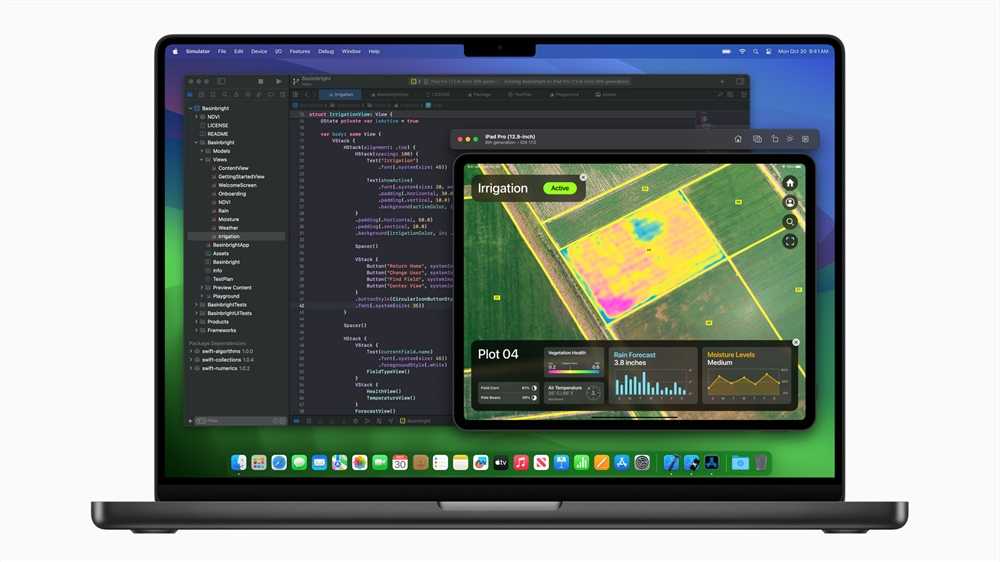AI Programming Tools Embrace Terminal Interfaces, Signaling Major Shift
AI Programming Tools Shift to Terminal Interfaces
The Changing Landscape of Developer Tools
Recent advancements in artificial intelligence are transforming how programmers interact with development tools. While AI-powered code editors like Cursor, Windsurf, and GitHub's Copilot dominated the landscape just months ago, a new paradigm is emerging: terminal-based AI interactions.

The Terminal's Resurgence
The command-line interface (CLI), once the domain of 90s hacker movies, is experiencing a renaissance in the AI era. Though less visually appealing than modern IDEs, terminals offer unparalleled power for software development workflows. AI systems are now leveraging this capability to not just write code, but to compile, debug, and deploy software directly.
Major Players Enter the CLI Space
Since February 2025, leading AI labs have launched significant terminal-based offerings:
- Anthropic's Claude Code
- DeepMind's Gemini CLI
- OpenAI's CLI Codex
These tools have quickly gained traction among enterprise developers, suggesting a fundamental shift in how AI interacts with computer systems.
Expert Perspectives on the Trend
Mike Merrill, co-creator of Terminal-Bench, observes: "We firmly believe 95% of large language models will eventually interact with computers through terminal-like interfaces." This prediction underscores the growing consensus about the terminal's future role in AI-assisted development.
Challenges for Traditional Tools
The shift presents challenges for conventional code editors:
- Windsurf has undergone multiple acquisitions, creating uncertainty
- Studies show developers overestimate productivity gains from GUI-based AI tools
- METR research found Cursor Pro users actually experienced 20% slower task completion despite perceived benefits
The Rise of Terminal-First Companies
Startups like Warp are capitalizing on this trend by focusing exclusively on terminal experiences. Warp's strong Terminal-Bench performance demonstrates the potential of this approach. Founder Zach Lloyd believes terminals can solve problems that have long plagued code editors.
Redefining Performance Metrics
The new paradigm requires different benchmarks:
- Traditional tools measure GitHub issue resolution
- Terminal tools assess broader capabilities including:
- Code generation
- DevOps automation
- System-level tasks Terminal-Bench includes challenges like reverse-engineering compression algorithms and building Linux kernels from source.
Future Outlook
While current terminal tools haven't reached full potential, they're already handling numerous non-coding tasks for developers. This suggests a promising trajectory for CLI-based AI assistance in software development workflows.
Key Points:
- Major AI labs are releasing terminal-based programming tools
- Terminals offer advantages for complete software lifecycle management
- Traditional code editors face challenges proving productivity gains
- New benchmarks measure broader system interaction capabilities
- Experts predict most LLMs will use terminal-style interfaces